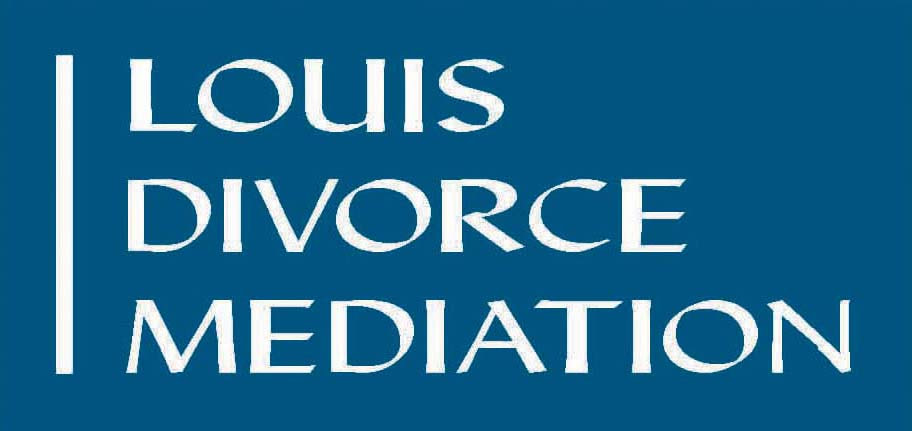Louis Divorce Mediation ~ Online and In-Person Mediation in Chicago
|
Families already are facing financial pressures from rising prices. Now there is a new challenge: the Federal Reserve Bank has increased interest rates for its member banks to levels not seen in over 15 years. On September 30, according to bankrate.com, the average 30-year mortgage rate increased to 6.83 percent.
This means that the monthly mortgage payment for a new mortgage (and this would include refinancing a mortgage) will be significantly higher. For example, for a mortgage loan of $300,000 one year ago (September 30, 2021), the 30-year rate was 3.01 percent, so the payment for mortgage principal and interest was $1,266.43 monthly. At 6.83 percent, that same payment would be $1,961.77, almost $700 higher each month, and over $8,000 more each year. Not only will this interest-rate increase impact the affordability of refinancing a mortgage, but it will also make approval more difficult. Mortgage lenders submit applications for refinancing to underwriters, who follow strict approval criteria. One of the most important measurements of the ability to pay is the percentage of income that is committed to debt repayment. With the increase in monthly payments due to higher interest rates, the debt-to-income ratio will go up, rendering some ineligible for refinancing. Since many divorce mediation cases involve a discussion about how to address the home that the couple owns together, conversations—in the face of higher interest rates—may prove to be more challenging. Since many divorce mediation cases involve a discussion about how to address the home that the couple owns together, conversations—in the face of higher interest rates—may prove to be more challenging. Some may decide to postpone a buyout into the future, hoping for interest rates to decline or for increases in income. This strategy depends on whether the person who will no longer be living in the house is willing to remain on a mortgage for property no longer lived in. While most agreements provide protections to the non-resident owner for payment responsibility, that individual will continue to be listed on the mortgage. That listing can impact the ability to take on new debt for another residence. In some cases, there may be no alternative except to sell the home. However, in considering this option, it’s important to understand that the future cost to either rent or pay a new mortgage may exceed the current mortgage cost. This is why, in mediation, we look very carefully at all of the options and evaluate the advantages and disadvantages of each possible scenario. As a mediator, I am also aware that mortgage financing, whether it pertains to buying a home or refinancing a current mortgage, can be complicated. Fortunately, there is a group of specially trained experts known as Certified Divorce Lending Professionals (CDLPs) who can be called upon to assist my clients by looking at their specific circumstances and offering ideas and analysis to clarify possible options for moving forward. Using mediation and specialized professionals can lead to a much clearer focus on the possibilities for addressing the challenges of current financial conditions.
0 Comments
Leave a Reply. |
Categories |
David Louis, MPA, CDFA® • Louis Mediation Services - Chicago
|
Chicago Office: 1700 W Irving Park Rd., Suite 105, Chicago, IL 60613
Northbrook Office: 555 Skokie Blvd., Suite 500, Northbrook, IL 60062 |
Copyright © 2024


 RSS Feed
RSS Feed